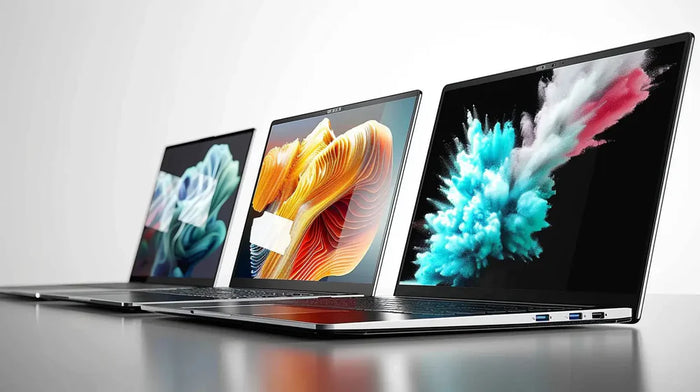An SSD is a type of storage device that uses flash memory to store data. Unlike traditional hard disk drives (HDDs) that use spinning disks and read/write heads, SSDs have no moving parts, making them faster, more durable, and less prone to physical damage. SSDs store data on interconnected flash memory chips, which can be accessed almost instantly. This allows for quicker boot times, faster application loading, and improved overall system responsiveness. SSDs also consume less power and generate less heat compared to HDDs, enhancing the battery life of portable devices. However, SSDs are generally more expensive than HDDs for the same storage capacity.
Picture an SSD as a large, well-organised library with a highly efficient librarian. Each book in the library represents a piece of data, and the shelves represent the flash memory chips. When you request a specific book (or data), the librarian (or the SSD controller) knows exactly where to find it on the shelves and can retrieve it almost instantly, without having to physically search through the entire library. This quick and efficient retrieval system allows for faster access to your files and applications. In contrast, an HDD would be like a library where the books are stored on spinning circular shelves, and the librarian has to wait for the right shelf to spin around to find the desired book, making the process slower.
Return to the technical glossary to learn more about the technology we reference throughout this website.



